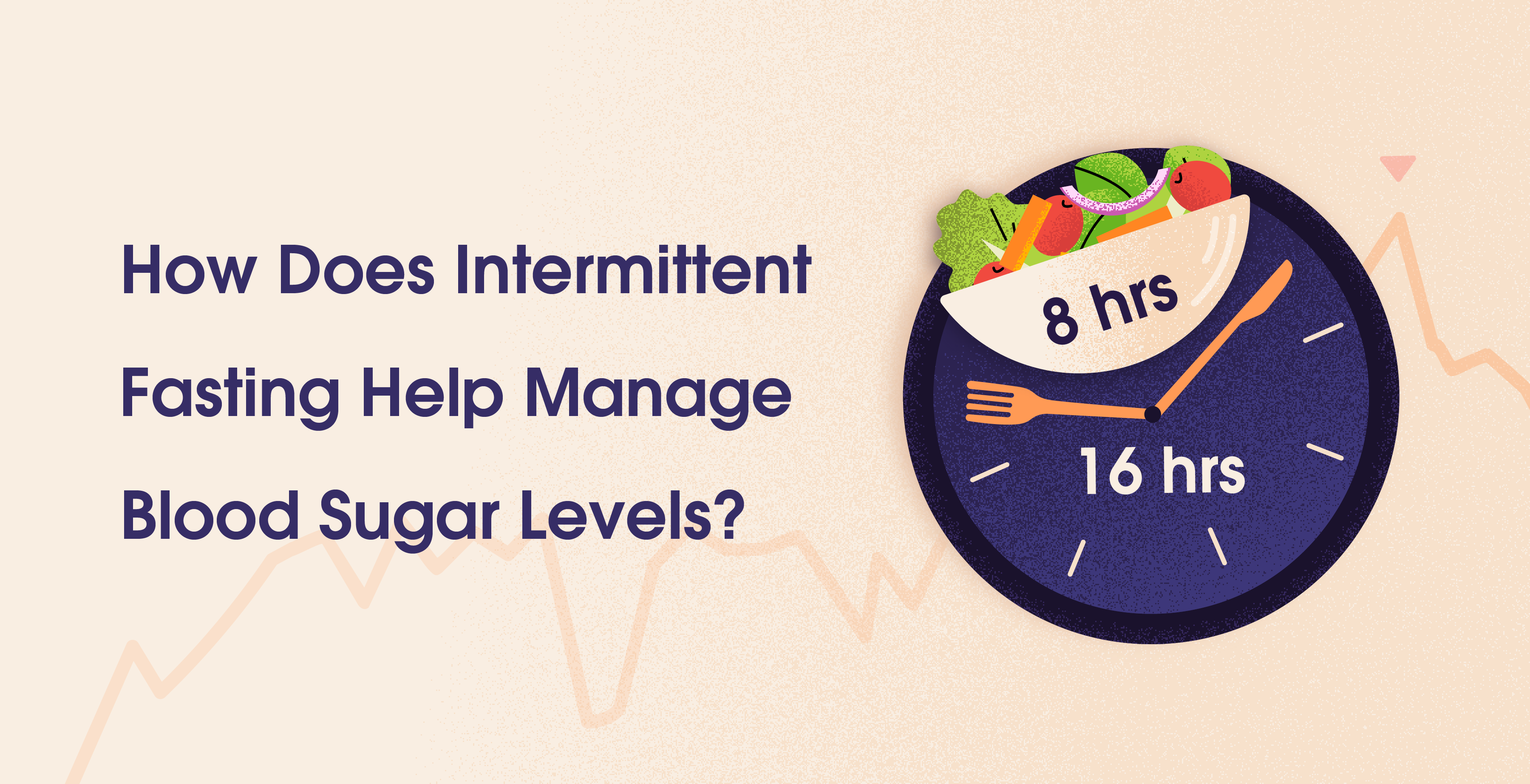Can Sugar Cause Headaches?
Dec 2, 2024
Sayfali Rawlani
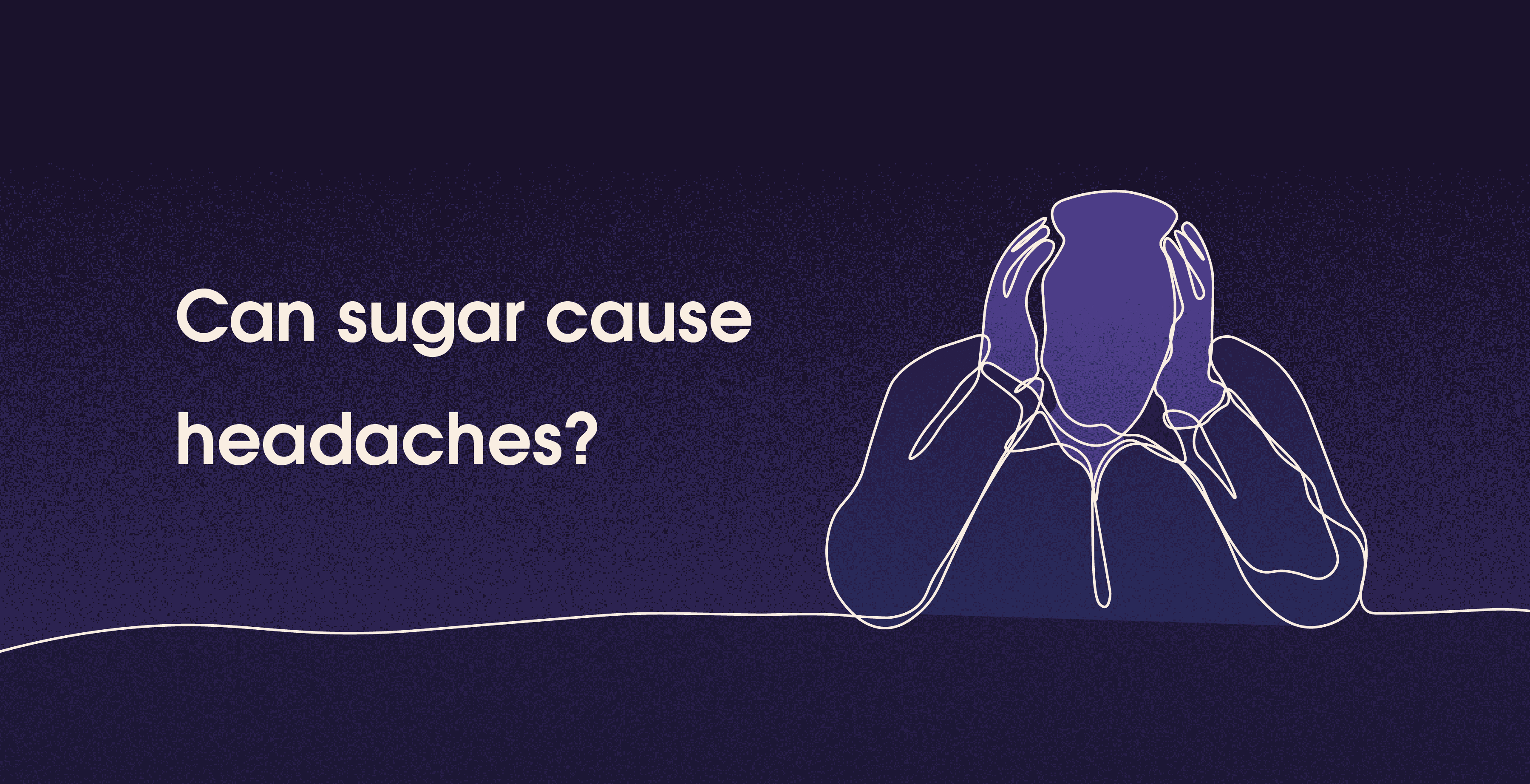


Table Of Contents
It’s 3 p.m., and your sweet tooth demands attention. You grab a candy bar, hoping it’ll give you the energy to tackle the rest of the day. But an hour later, a dull ache starts to creep into your temples. Is sugar the culprit? The connection between sugar and headaches is a topic that often sparks curiosity and confusion. Let’s unpack this puzzle in a way that resonates with both science and common sense.
The Sweet Cycle: A Rollercoaster for Your Brain
Sugar isn’t just a treat for your taste buds—it’s fuel for your brain. However, when you consume large amounts of sugar, your body reacts swiftly. Blood sugar levels spike, and soon after, they crash. This crash, often called reactive hypoglycemia, can trigger headaches. It’s as if your brain, suddenly deprived of its energy source, sends out a distress signal in the form of pain.
But it’s not always about how much sugar you consume. Sometimes, it’s about how your body handles it. People with insulin resistance or other metabolic issues may be more prone to these highs and lows, making headaches a more frequent companion. Have you ever noticed how those prone to blood sugar fluctuations seem to navigate life with a bottle of water in one hand and a snack in the other?
Dehydration: A Sneaky Side Effect of Sugar?
Another angle to consider is dehydration. Sugary foods and drinks can have a diuretic effect, causing you to lose more water than you realize. Dehydration is a well-known headache trigger, and the combination of dehydration and a sugar crash can amplify discomfort. That soda you thought was refreshing might actually be adding to your woes.
If you’ve ever felt like a walking contradiction—tired but jittery, thirsty yet bloated—it might be your body trying to process an overload of sugar. This delicate balance of hydration and energy regulation is one your body constantly strives to maintain, but too much sugar can throw it out of whack.
Migraines: Is Sugar a Hidden Trigger?
For migraine sufferers, sugar’s role can be even trickier. While it’s not a universal trigger, abrupt changes in blood sugar levels are known to provoke migraines in some individuals. It’s not just about eating sugar—it’s about eating irregularly or skipping meals. The migraine brain craves stability, and sudden sugar spikes or crashes can disrupt that equilibrium.
Interestingly, some migraineurs report cravings for sweets before an episode. Could this be the body’s way of signaling a need for quick energy, or is it a prelude to the storm? The connection isn’t fully understood, but it’s clear that sugar plays a nuanced role in the migraine puzzle.
The Emotional Sugar Spiral
Let’s not forget the emotional aspect. Sugar is comfort food for many, a quick escape from stress or fatigue. But what starts as a moment of indulgence can lead to guilt, more cravings, and eventually, physical discomfort. The headache, in this case, might be as much about emotional stress as it is about the physiological effects of sugar.
We’ve all been there—eating ice cream straight from the tub after a long day, only to regret it hours later. The mind and body are intricately connected, and the way sugar impacts our mood and mental state can’t be ignored.
Finding Your Sweet Spot
So, what’s the takeaway? Should you swear off sugar entirely? Not necessarily. The key lies in balance and awareness. Pay attention to how your body responds to sugar. Are headaches more frequent after certain foods? Does skipping meals make you feel worse? Keeping a food journal can help identify patterns without making you feel restricted.
Also, consider the type of sugar you’re consuming. Natural sugars in fruits, paired with fiber, are less likely to cause sharp blood sugar spikes compared to refined sugars found in candies and pastries. Small changes, like swapping soda for water or adding a handful of nuts to your snack, can make a big difference in how you feel.
Final Thoughts
Sugar, like most things in life, is best enjoyed in moderation. While it can be a headache trigger for some, it’s not the villain it’s often made out to be. Our relationship with sugar is deeply personal, influenced by biology, habits, and even our emotions. By tuning into our bodies and making mindful choices, we can enjoy life’s sweetness without the accompanying ache.
So, next time you find yourself reaching for that extra cookie, pause for a moment. Ask yourself: Is this a treat for my taste buds or a ticket to an afternoon headache? Sometimes, the answer lies in listening to what your body is trying to say.
Frequently Asked Questions
Can you get a headache after eating sweets?
Headaches after eating sweets may be caused by a sudden increase in blood sugar levels, followed by a sharp drop. This can lead to a "sugar crash," which affects your brain’s energy supply. Additionally, sugary foods can dehydrate you, another potential trigger for headaches.
Are sugar headaches a sign of diabetes?
Frequent sugar-related headaches can sometimes indicate blood sugar management issues, such as prediabetes or diabetes. If these headaches are accompanied by symptoms like extreme thirst, fatigue, or frequent urination, it’s advisable to consult a healthcare professional.
Can cutting out sugar reduce headaches?
Yes, reducing sugar intake can help minimize headaches for some people. By maintaining stable blood sugar levels and avoiding spikes and crashes, you may experience fewer headaches. Gradually reducing sugar consumption is key to avoiding withdrawal symptoms like headaches.
How does dehydration from sugar contribute to headaches?
Sugary foods and drinks can have a diuretic effect, leading to increased urination and dehydration. Since dehydration is a well-known trigger for headaches, consuming too much sugar without adequate hydration can cause head pain.
How can I prevent headaches caused by sugar?
To prevent sugar-related headaches:
Avoid excessive consumption of refined sugar.
Eat balanced meals with protein, fiber, and healthy fats.
Stay hydrated.
Avoid skipping meals to maintain stable blood sugar levels.
References
It’s 3 p.m., and your sweet tooth demands attention. You grab a candy bar, hoping it’ll give you the energy to tackle the rest of the day. But an hour later, a dull ache starts to creep into your temples. Is sugar the culprit? The connection between sugar and headaches is a topic that often sparks curiosity and confusion. Let’s unpack this puzzle in a way that resonates with both science and common sense.
The Sweet Cycle: A Rollercoaster for Your Brain
Sugar isn’t just a treat for your taste buds—it’s fuel for your brain. However, when you consume large amounts of sugar, your body reacts swiftly. Blood sugar levels spike, and soon after, they crash. This crash, often called reactive hypoglycemia, can trigger headaches. It’s as if your brain, suddenly deprived of its energy source, sends out a distress signal in the form of pain.
But it’s not always about how much sugar you consume. Sometimes, it’s about how your body handles it. People with insulin resistance or other metabolic issues may be more prone to these highs and lows, making headaches a more frequent companion. Have you ever noticed how those prone to blood sugar fluctuations seem to navigate life with a bottle of water in one hand and a snack in the other?
Dehydration: A Sneaky Side Effect of Sugar?
Another angle to consider is dehydration. Sugary foods and drinks can have a diuretic effect, causing you to lose more water than you realize. Dehydration is a well-known headache trigger, and the combination of dehydration and a sugar crash can amplify discomfort. That soda you thought was refreshing might actually be adding to your woes.
If you’ve ever felt like a walking contradiction—tired but jittery, thirsty yet bloated—it might be your body trying to process an overload of sugar. This delicate balance of hydration and energy regulation is one your body constantly strives to maintain, but too much sugar can throw it out of whack.
Migraines: Is Sugar a Hidden Trigger?
For migraine sufferers, sugar’s role can be even trickier. While it’s not a universal trigger, abrupt changes in blood sugar levels are known to provoke migraines in some individuals. It’s not just about eating sugar—it’s about eating irregularly or skipping meals. The migraine brain craves stability, and sudden sugar spikes or crashes can disrupt that equilibrium.
Interestingly, some migraineurs report cravings for sweets before an episode. Could this be the body’s way of signaling a need for quick energy, or is it a prelude to the storm? The connection isn’t fully understood, but it’s clear that sugar plays a nuanced role in the migraine puzzle.
The Emotional Sugar Spiral
Let’s not forget the emotional aspect. Sugar is comfort food for many, a quick escape from stress or fatigue. But what starts as a moment of indulgence can lead to guilt, more cravings, and eventually, physical discomfort. The headache, in this case, might be as much about emotional stress as it is about the physiological effects of sugar.
We’ve all been there—eating ice cream straight from the tub after a long day, only to regret it hours later. The mind and body are intricately connected, and the way sugar impacts our mood and mental state can’t be ignored.
Finding Your Sweet Spot
So, what’s the takeaway? Should you swear off sugar entirely? Not necessarily. The key lies in balance and awareness. Pay attention to how your body responds to sugar. Are headaches more frequent after certain foods? Does skipping meals make you feel worse? Keeping a food journal can help identify patterns without making you feel restricted.
Also, consider the type of sugar you’re consuming. Natural sugars in fruits, paired with fiber, are less likely to cause sharp blood sugar spikes compared to refined sugars found in candies and pastries. Small changes, like swapping soda for water or adding a handful of nuts to your snack, can make a big difference in how you feel.
Final Thoughts
Sugar, like most things in life, is best enjoyed in moderation. While it can be a headache trigger for some, it’s not the villain it’s often made out to be. Our relationship with sugar is deeply personal, influenced by biology, habits, and even our emotions. By tuning into our bodies and making mindful choices, we can enjoy life’s sweetness without the accompanying ache.
So, next time you find yourself reaching for that extra cookie, pause for a moment. Ask yourself: Is this a treat for my taste buds or a ticket to an afternoon headache? Sometimes, the answer lies in listening to what your body is trying to say.
Frequently Asked Questions
Can you get a headache after eating sweets?
Headaches after eating sweets may be caused by a sudden increase in blood sugar levels, followed by a sharp drop. This can lead to a "sugar crash," which affects your brain’s energy supply. Additionally, sugary foods can dehydrate you, another potential trigger for headaches.
Are sugar headaches a sign of diabetes?
Frequent sugar-related headaches can sometimes indicate blood sugar management issues, such as prediabetes or diabetes. If these headaches are accompanied by symptoms like extreme thirst, fatigue, or frequent urination, it’s advisable to consult a healthcare professional.
Can cutting out sugar reduce headaches?
Yes, reducing sugar intake can help minimize headaches for some people. By maintaining stable blood sugar levels and avoiding spikes and crashes, you may experience fewer headaches. Gradually reducing sugar consumption is key to avoiding withdrawal symptoms like headaches.
How does dehydration from sugar contribute to headaches?
Sugary foods and drinks can have a diuretic effect, leading to increased urination and dehydration. Since dehydration is a well-known trigger for headaches, consuming too much sugar without adequate hydration can cause head pain.
How can I prevent headaches caused by sugar?
To prevent sugar-related headaches:
Avoid excessive consumption of refined sugar.
Eat balanced meals with protein, fiber, and healthy fats.
Stay hydrated.
Avoid skipping meals to maintain stable blood sugar levels.
References
Table Of Contents
Table Of Contents
Table Of Contents
Read More
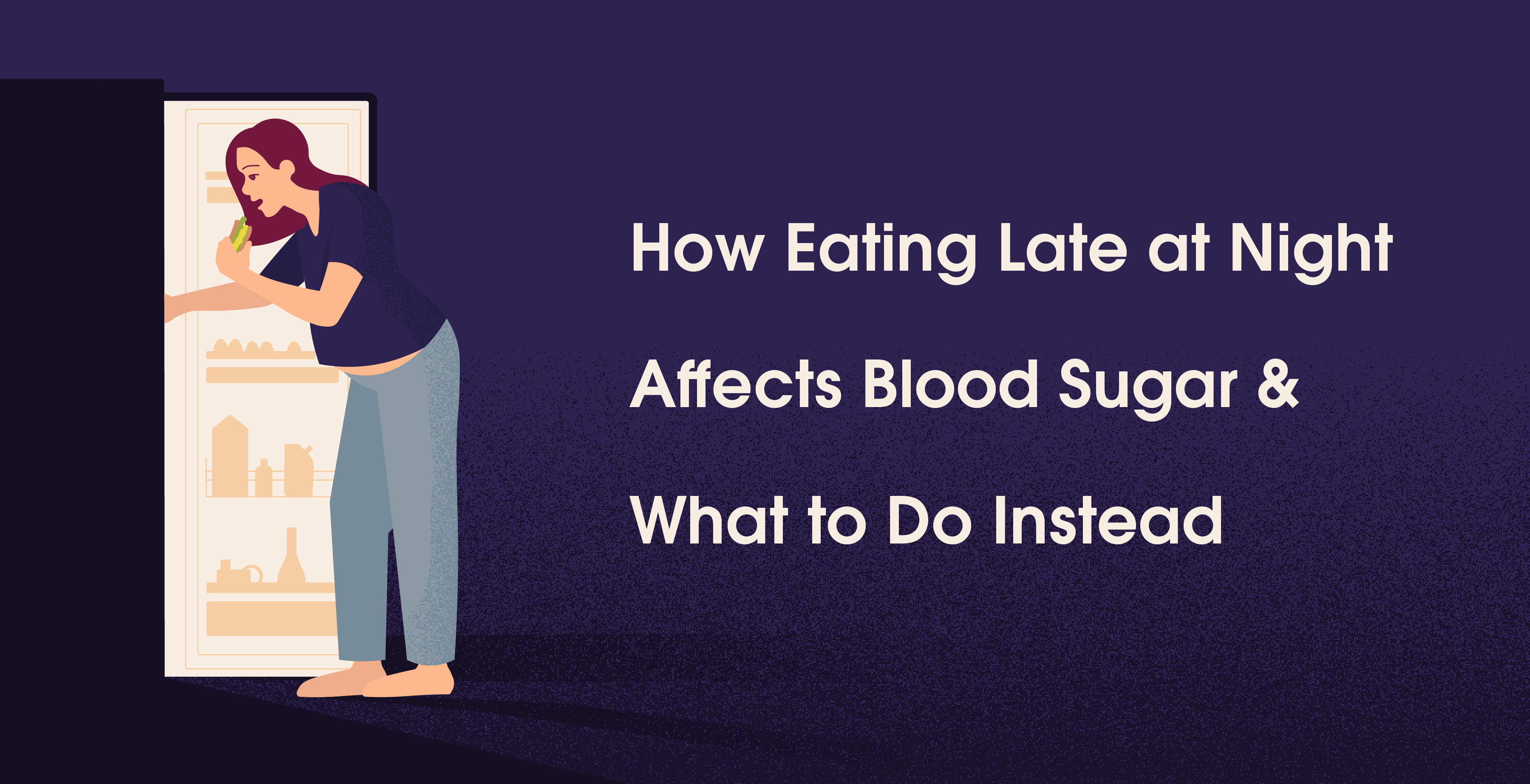

Mar 25, 2025
Sayfali Rawlani
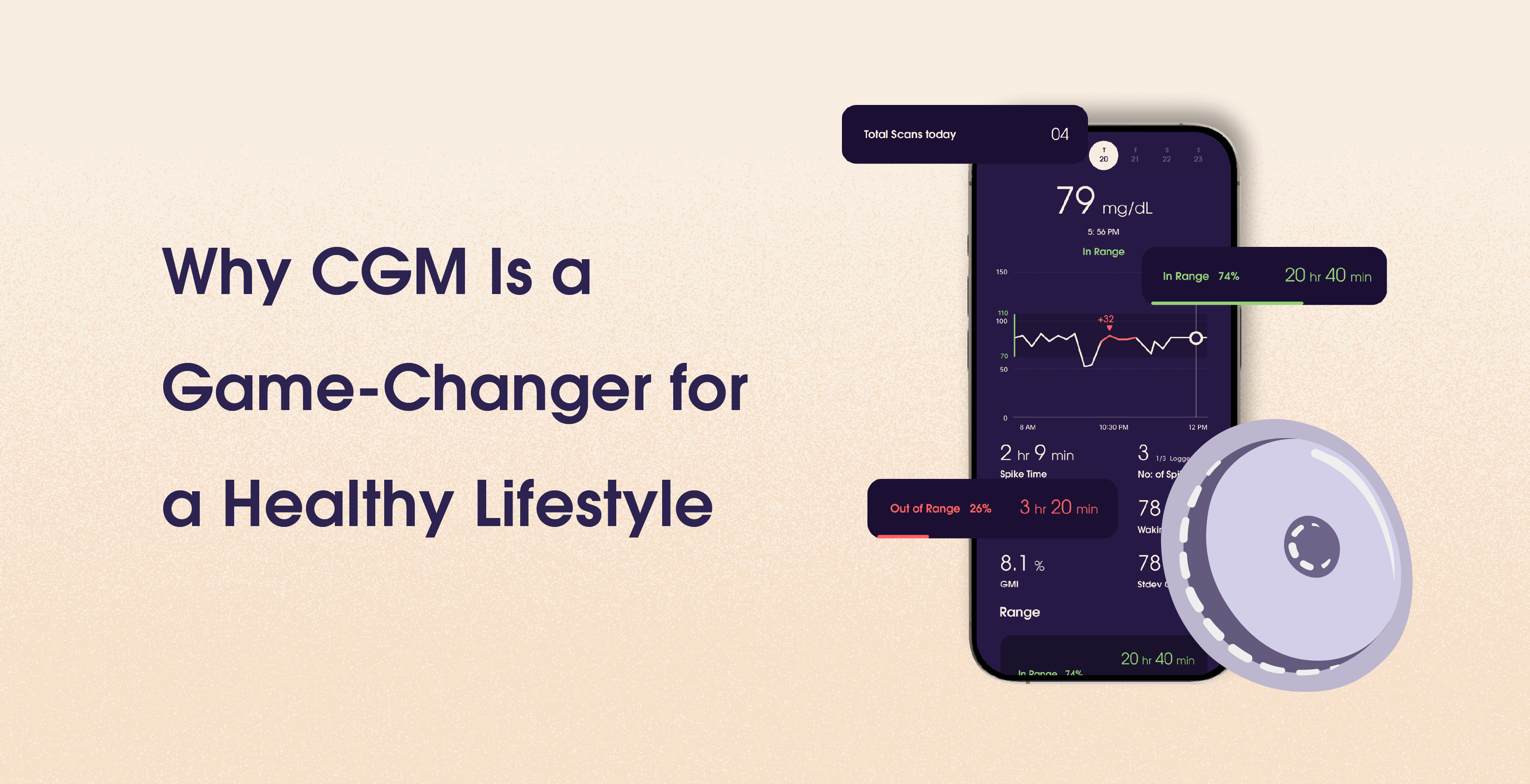

Mar 20, 2025
Sayfali Rawlani
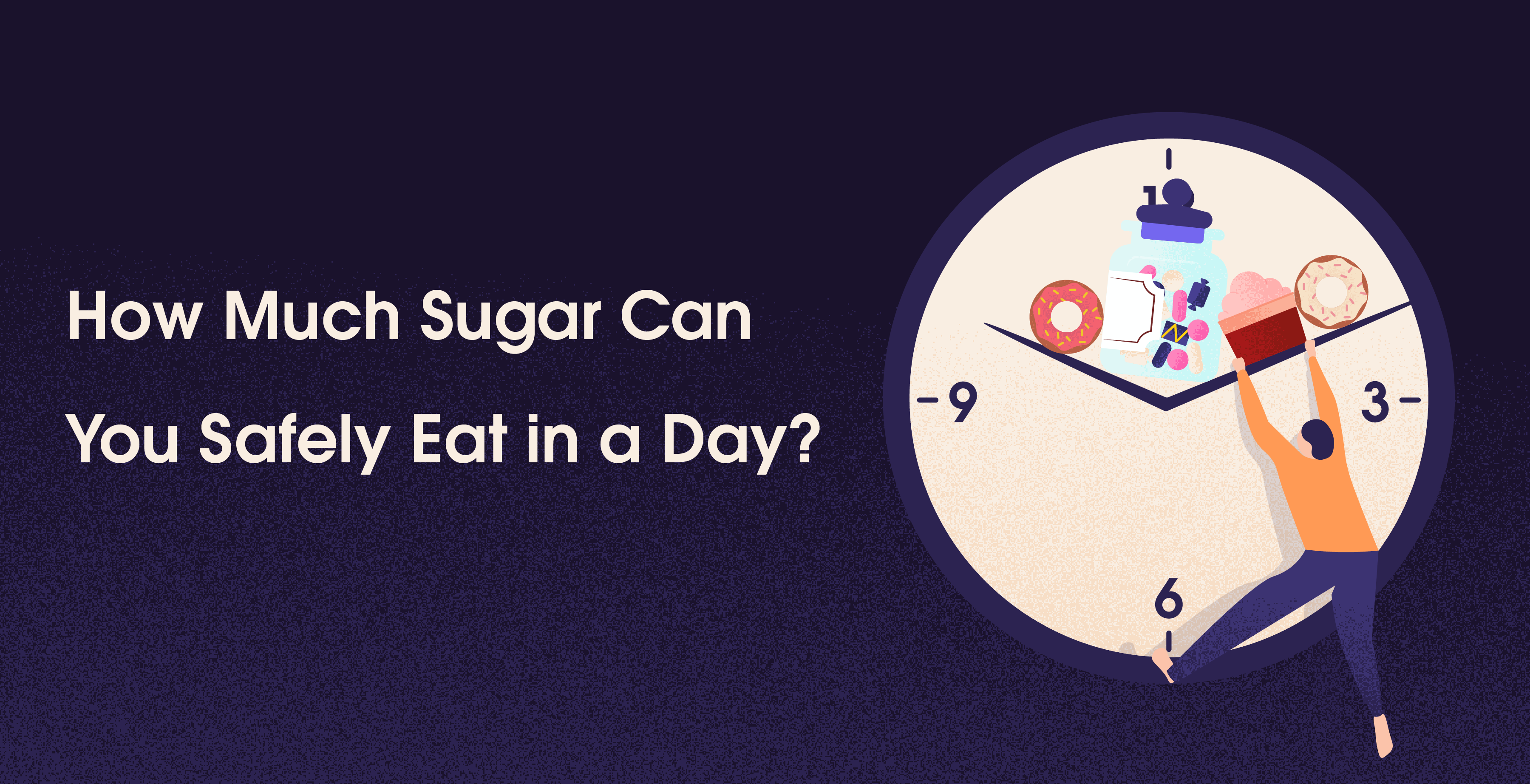

Mar 6, 2025
Sayfali Rawlani



Company
Copyright © 2025 trst health. All right reserved.

